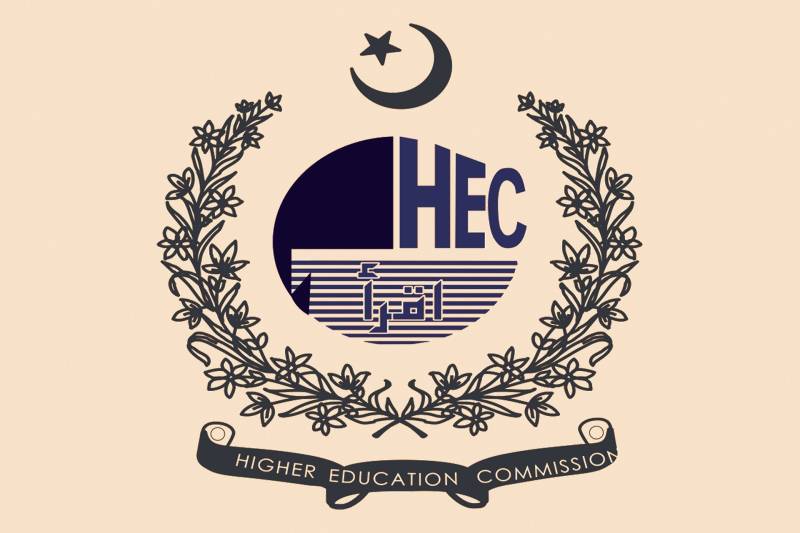
It is a globally recognized fact that the students are powerful assets of a nation. But if these assets go balky, the development of nations is in jeopardy.
In past, the eligibility criterion for lecturer jobs in the universities was only 16 years of education and the vacant posts were being filled purely on the basis of transparent merit. But now the criterion is mere MPhil.
Weren’t the 16 years of education enough for the said post? Has someone ever tried to investigate how many students annually get admission and how many of them are receiving MPhil degrees? Have any progresses and improvements in the education sector ever been avouched only after the aforesaid criterion is evolved? Does MPhil guarantee the level of knowledge that we want our students to acquire? Can’t the people holding 16 years of education teach well at university level? Can’t people holding 16 years of education produce research, bring innovation and contribute towards society?
As far as the admission system is concerned, there are a few pressing questions that need to be answered. Is getting admission in the MPhil programs as easy as it should be?
Are the admission fees for MPhil programs as affordable to students? Is the number of PhDs in the departments enough to guide every student enrolled in the MPhil programs? Are the monthly allowances fixed for students enrolled in the MPhil programs? If yes, are these allowances being proffered to them equally and timely? If not, then why?
As far as the time duration for MPhil programs is concerned, the duration is two years but hardly a little ratio of students can get the degree in four years. A significant number of students leave the degree unfinished and some receive the degrees after 5 years. Who is accountable for the time the students consume inoperably more than the time set for the degrees? It is the blessing for the students if they receive their MPhil degrees within the timeframe.
Meanwhile, the publication policy has also been aggravated. If an MPhil student submits his/her paper to a recognized journal of a university, their paper either is rejected or delayed only because the journal has to give that opportunity to faculty members of the respective university, this malpractice not only exasperates the quality of papers but also drowses the students’ enthusiasm to put themselves at pains in executing research.
Also, the students and faculty members must submit their papers as well as get them published in any of your recognized journals. Otherwise their contributions will never be counted whenever they appear in the interviews for the posts of higher ranks or will apply for their promotions. Is this policy lucrative form any account?
Besides, the publication frequency for the research journals is almost biannual. This is a great gap in the publication process that puts the bar in the endeavors the scholars, students and teachers of different ranks perform. Why not set the publication frequency for all the recognized journals as quarterly? So that the research can greatly be contributed as well as all the quality papers from teachers and students can equally be given spaces in the journals.
There is a dire prerequisite of the reforms to be brought in the education sector. Policy for the different teaching ranks must be revised and all the questions put back should also be produced before competent authorities to see how complex is the policy to comply with. If the higher degrees are indispensably required in the age of globalization, then the policy for sole authorship in the contributions must be made. A proper number of publication along with MPhil or PhD degrees must be set, not just the degrees but also paper contributions must be required.
As far as the landing on the job of lectureship in the universities is concerned, the eligibility criterion should be 16 years of education not MPhil.
Writer is a Researcher at SBBU-SBA and a member of Russian Research Journal
He can be reached at rameezalimahesar@gmail.com
